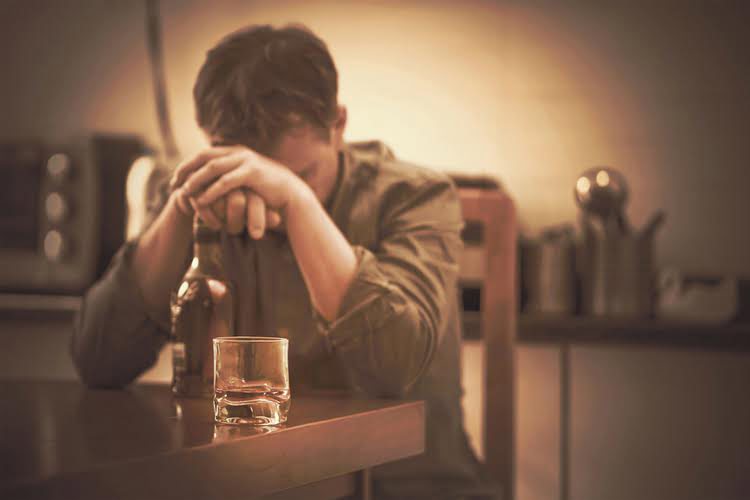Neither beating yourself up about your prior addiction nor trying to ignore it will help recovery. It may be beneficial to try engaging with multiple groups https://max-body.ru/stati/zdorove/2373-kak-spirtnoe-vlijaet-na-organizm-cheloveka.html to find what works best for you. You may find virtual or online support groups suit you better than in-person ones, like Redditors in Recovery.
What Are the 6 Stages of Addiction Recovery?
- Department of Health and Human Services (HHS), through the Substance Abuse and Mental Health Services Administration (SAMHSA), announced grant awards totaling $45.1 million, of which $15.3 million will fund services specifically for children and youth.
- Scientific research and clinical experience in recent decades have made clear that contrary to long-held traditional beliefs about treating addiction, one size definitely does not fit all.
- Connecting the client to various recovery support services and other forms of assistance and activities that can strengthen their recovery and improve their well-being and quality of life for the long term.
- Neuroscientist Adi Jaffe, Ph.D., who himself recovered from addiction, outlines five steps.
- You may be able to set yourself up for success by surrounding yourself with people who have a positive impact on you.
- When a person goes into treatment, it isn’t just a case of fixing the problem person.
Ultimately, studying the genome may point to better ways to prevent problematic substance use by helping people learn whether they are particularly vulnerable to it. Fails to take into account the http://pozzitiv.ru/8476-dance-hits-vol211-2011.html factors in an individual’s environment and experience that can underlie problematic use, such as poverty or trauma. Working with peer specialists or other nonclinical recovery professionals.
- There’s a reason acceptance is the first step in popular types of recovery support groups, including 12-step programs like Alcoholics Anonymous.
- Individuals grappling with substance use disorder (SUD) and addiction often face complex challenges, necessitating a multifaceted approach for resolution.
- Determining whether the increases in recovery capital are sustained over time, and whether RCC users’ quality of life improves as a result.
- Millions of people do, whether they were once compulsive users of opiates, alcohol, or gambling.
- A team of behavioral health service providers assess, address acute symptoms of, and observe individuals arriving via first responders, referral, or, often, self-referral (i.e., walk-in).
Stages of denial in substance use disorder
- Letting the client’s preferred recovery goals and pathway shape counseling work on recovery.
- These settlements represent an unprecedented opportunity to transform addiction treatment in U.S. communities.
- Recovery is a process of change through which people improve their health and wellness, live self-directed lives, and strive to reach their full potential.
- Despite setbacks that many face along the way, people can and do recover.
- 2 in 3 adults who ever had a mental health problem considered themselves to be recovering or in recovery.
- The fallout of problem drinking or opioid abuse is felt in different ways by different people.
Some common names you’ll see are family and marriage therapy, motivational therapy, art therapy, or cognitive behavioral therapy (CBT). Having grown up most of his life in the country, he also finds peace in nature. Patients themselves reported significant benefits from increased take-home http://www.russsia.ru/vse-o-svadbe/svadebnyie-sapozhki-40.html methadone and other COVID-19 protocols. Patients at one California OTP in a small qualitative study reported increased autonomy and treatment engagement. Patients at three rural OTPs in Oregon reported increased self-efficacy, strengthened recovery, and reduced interpersonal conflict.

How to Overcome Guilt and Shame in Recovery

By accepting reality objectively and acknowledging you may benefit from some behavioral changes — without self-blame and judgment — study review authors observed that acceptance frees people up to pivot toward different actions more consistently in the future. Recovering from substance use disorder takes courage and determination, and it’s important not to underestimate that as you move through the process. You can take all the time you need to build a support system that’s right for you.


Recovery from Addiction



